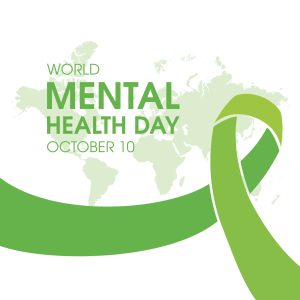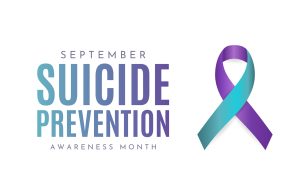 Seasonal affective disorder (SAD) is a type of depression that is triggered by the changes of the seasons. SAD is commonly referred to as winter depression because symptoms typically occur during the late fall and early winter months.
Seasonal affective disorder (SAD) is a type of depression that is triggered by the changes of the seasons. SAD is commonly referred to as winter depression because symptoms typically occur during the late fall and early winter months.
Although most people living with SAD experience symptoms during the onset of winter, 10% of individuals with the disorder experience the reverse where symptoms present during late spring into early summer. This is known as summer depression.
The symptoms of summer depression can include:
- Poor appetite
- Weight loss
- Trouble sleeping
- Mood swings
- Lethargy
- Feeling agitated
- Feeling anxious
- Increased irritability
- Violent or aggressive behavior
The cause of SAD in summer is not yet known; however, it is believed that the following are contributing factors:
- Disruptions in routine schedules due to summer vacations or children being out of school
- Changes in sleep routine
- Body image issues
- Excessive heat and humidity
- Allergies
- Longer days (which can interfere with melatonin production)
There are a few ways one can manage summer depression. Managing symptoms may involve:
- Medications
- Psychotherapy
- Stress management
- Getting adequate sleep
- Staying cool by avoiding the heat as much as possible
- Establishing and keeping a routine
- Practicing self-care
- Practicing mind-body techniques such as yoga, mindfulness, or meditation
If you or someone you know is experiencing symptoms associated with summer seasonal affective disorder, seek assistance by connecting with loved ones and talking to a mental health provider who can offer a thorough evaluation and personalized treatment.
All content of this newsletter is intended for general information purposes only and is not intended or implied to be a substitute for professional medical advice, diagnosis or treatment. Please consult a medical professional before adopting any of the suggestions on this page. You must never disregard professional medical advice or delay seeking medical treatment based upon any content of this newsletter. PROMPTLY CONSULT YOUR PHYSICIAN OR CALL 911 IF YOU BELIEVE YOU HAVE A MEDICAL EMERGENCY.









